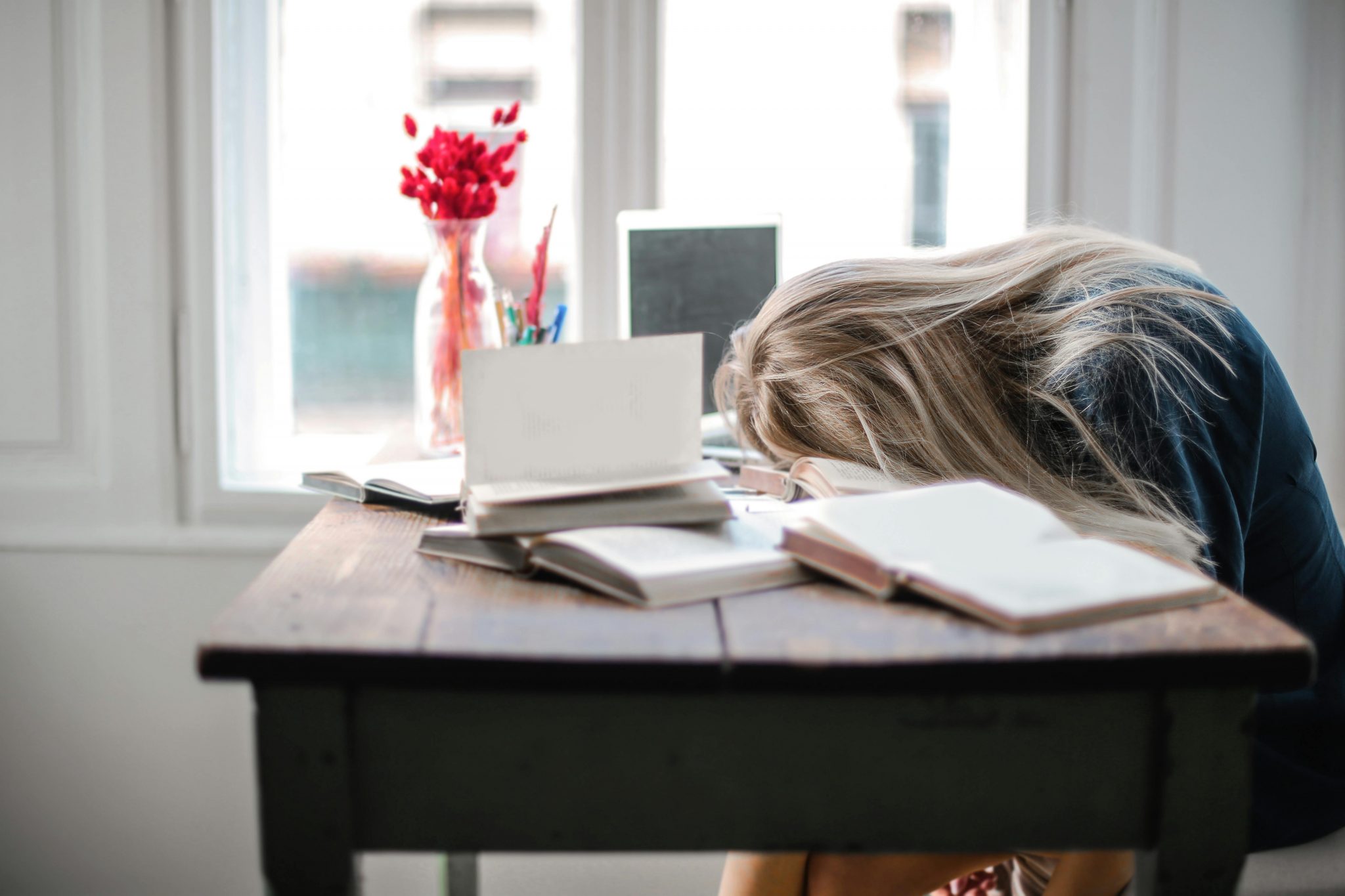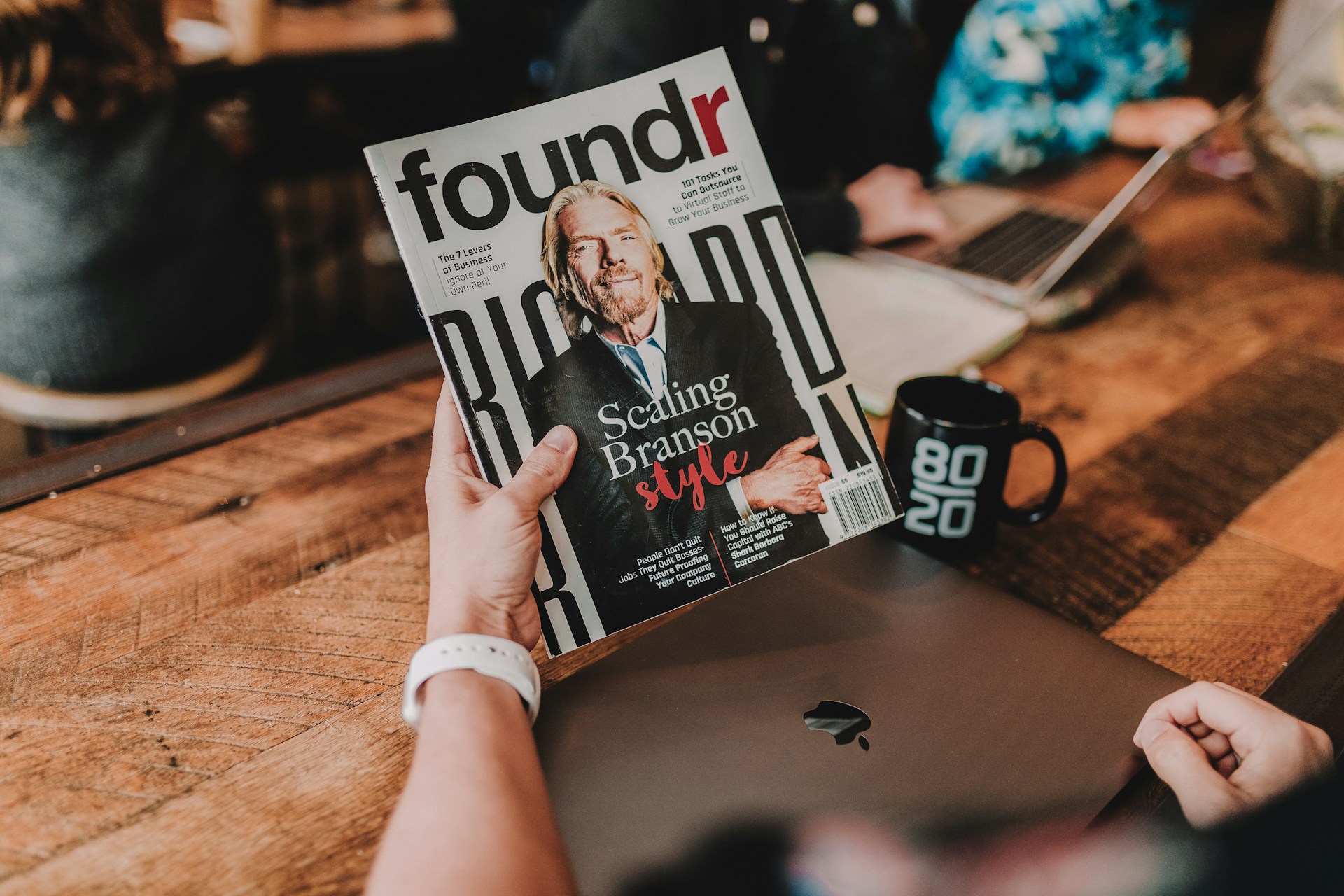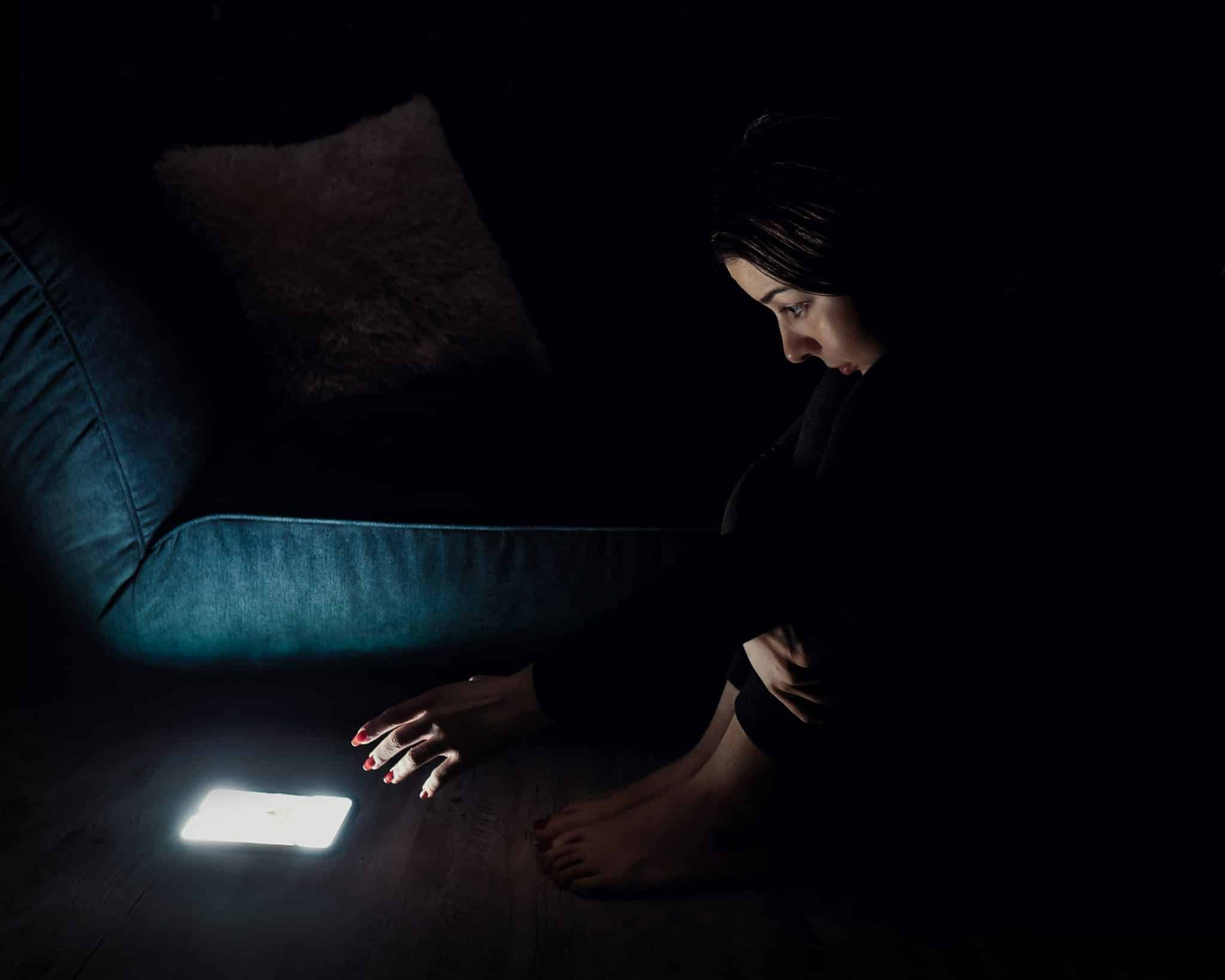Larissa May: The Future of Technology is a More Connected World

Surviving quarantine means learning to give yourself some grace – and scrolling with intention.
Social media has been having a moment lately. Yes, we’re using it more than ever before – 61% more than normal in the first wave of the pandemic alone, according to a global study. But we’re also seeing a shift in the way we use the technology that’s seen years of slowing growth and backlash.
Twitter has gone from being labeled the most toxic of all the social networking sites to fact-checking the U.S. President. Some of the world’s biggest companies are pulling their advertising dollars from Facebook in a bid to affect change. Meanwhile, in our feeds, messages of support and solidarity overshadow selfies, and businesses prioritize connection over conversions.
This unforeseen meeting of these platforms being used for good while those in charge of them are forced to make positive changes could be social media’s levelling up moment.

But let’s not forget that these changes, though accelerated by recent events, have been a long time coming.
Larissa May has been on a mission to empower the next generation’s relationship with technology for more than four years. She founded #HalfTheStory, a non-profit community and media platform, after the realization that so many of us were hiding behind our social media identities, masking the truth behind the partial realities we post every day.
The platform has received over 10,000 stories from 99 different countries around the globe receiving media attention from Time, Forbes, Refinery29, Good Morning America, and CNN. We couldn’t think of anyone better able to guide us into this new era of social media than Larissa! She kindly took some time out from planning the Global Day of Unplugging to share her tips for maintaining focus and calm, as part of our Attention Experts series.
What changes, if any, have you made to your environment during this time?
Early on in the quarantine, I found myself sitting on the couch for work due to the “flexible” nature of working from home. I’ve changed my work set-up by adding a laptop holder, wireless keyboard, and wireless mouse to help with posture. A designated space was critical for productivity.
I also sit in front of a happy light while I work to boost my energy and keep the positive energy flowing.
When do you find it most difficult to focus? How do you overcome this?
I find it most difficult to focus when I am burnt out, surrounded by others, or struggling with depression. During quarantine, I’ve found it challenging (even as a digital wellness guru!) to create boundaries. Without boundaries around work or screen time, fatigue will hit you when you least expect it! When I lose focus, I have a few tips to help me restart:
- I typically “start my day over” by repeating my morning routine. It’s a great way to literally refresh your day.
- Default to a binaural beats playlist on my AirPods to block out the noise and refocus.
- Clean up my digital tools. The art of tidying up applies to technology too! When I can’t focus I close all of my tabs, clean my desktop, and try to hit inbox zero.
Compartmentalization is critical for productivity. When my emotions start to creep in I take out a notebook and make two columns: one for my emotions and one for the tasks I need to accomplish.
How do you deal with the emotional aspects of productivity? For example, lack of motivation, feeling stressed or overwhelmed, feeling unsafe or uncertain, etc?
Compartmentalization is critical for productivity. When my emotions start to creep in and take control I typically take out a notebook and make two columns: one column for my emotions and one column for the tasks I need to accomplish. From there, I come up with solutions or soothing tactics and match them with the emotions I am feeling.
Then, I prioritize my tasks. Lists and journaling are a great way to process, especially when you’re feeling stuck!
Have you made any changes to your social media/digital habits during this time? Why or why not?
Yes! I’ve actually refrained from posting on my personal page as much as possible. I’ve pretty much eliminated “social scrolling” from my digital diet. My days are so consumed by technology and zoom that I prioritize reading, phone calls, or tech-free walks when I have the luxury of time.
How do you handle or manage the negative and often unintended effects of our digital lives? For example, anxiety from negative news, feelings of inadequacy or jealousy caused by social media, overwhelm, etc.
Life-tech balance is a lifelong journey. The way I look at social media is similar to the way I look at nutrition. There are healthy and unhealthy ways to use the platforms. When you have an intention and mindfully scroll, you can typically avoid the negative effects of technology. Whenever I start to experience the “negative” effects of screen time, it’s usually a sign that I’m not following my routine. I typically step back, examine my emotions, and try my best to get back on track.
What is one piece of advice you would give to someone who is really struggling to find focus or motivation during this time?
You are not alone in this. The quarantine is a marathon, not a sprint. The best thing you can do when you’re struggling is to give yourself grace and set realistic expectations. Make small goals that are achievable, so that you can celebrate the wins along the way.
Life-tech balance is a lifelong journey
What are the rules or boundaries you have put in place for yourself regarding news consumption, social media, or both?
I have three rules that I follow religiously:
- I put my phone to rest 30 minutes before bed.
- I spend at least half of my Saturdays screen and work-free unless there is a pressing deliverable or project.
- I’ve removed all notifications to help promote mindful consumption. The news is incredibly triggering and anxiety-inducing right now.
What tools or resources have you found most useful during this time?
Brick Mode is one of my favorite tools. It’s a phone setting that allows you to create away messages for text. It’s a game-changer! Definitely check it out!
We’ve experienced a revolution of meaningful connection because it’s our only window into the world and maintaining our relationships.
What changes have you noticed in the way people are using social media since the crisis hit? What changes to tech use do you foresee as a result of the pandemic?
Technology is our lifeline nowadays, which has forced us to reexamine our relationship with the platforms. It’s the way we connect to friends, families, classmates, news, and work. We’ve experienced a revolution of meaningful connection, because it’s our only window into the world and maintaining our relationships. I think the future of technology is a more connected world.
Hear Larissa May on the Freedom Matters Podcast:
The Global Day of Unplugging takes place on August 1-2. Sign up and Pledge to be Present!

To learn more about Larissa and her work, visit the #HalfTheStory website, and follow @halfthestory and @livinlikelarz on Instagram.
#HalfTheStory recently collaborated with NAMI to produce a guide for parents to help them support their children on, and offline during the pandemic, which you can download for free.
If you would like to support the #HalfTheStory project, there are various ways of donating.


